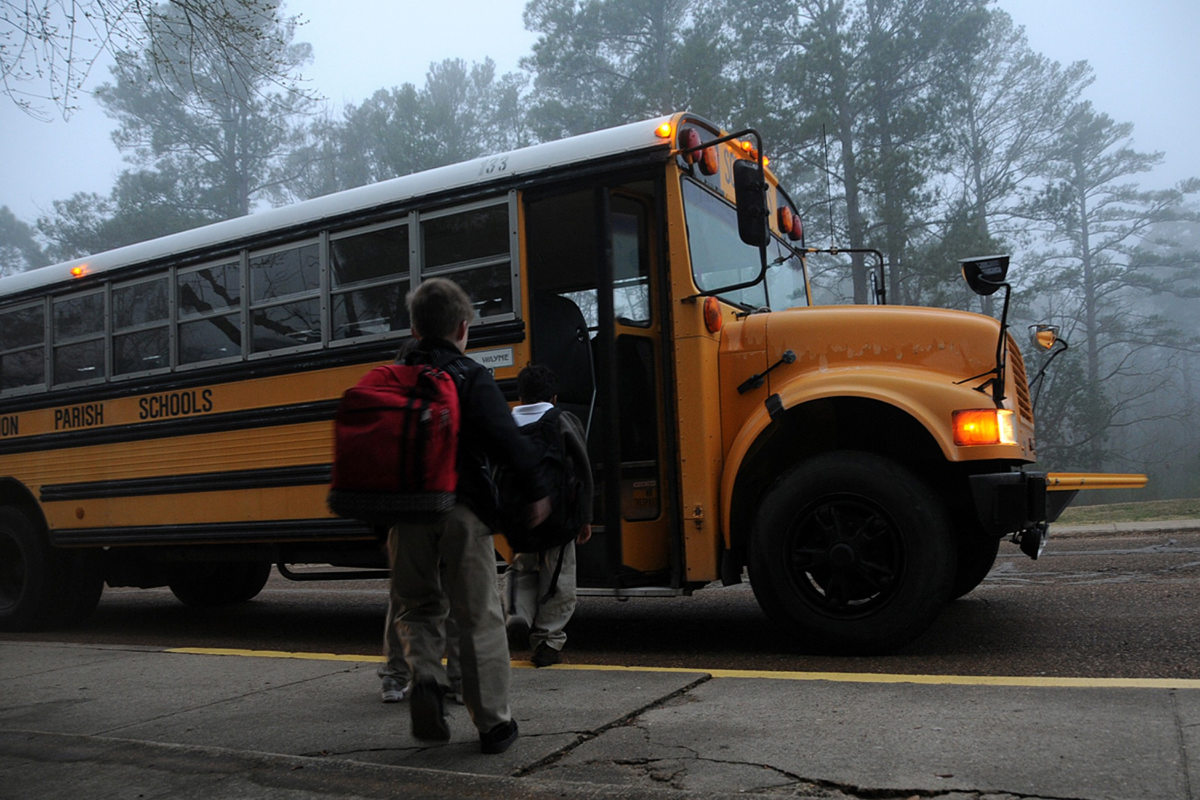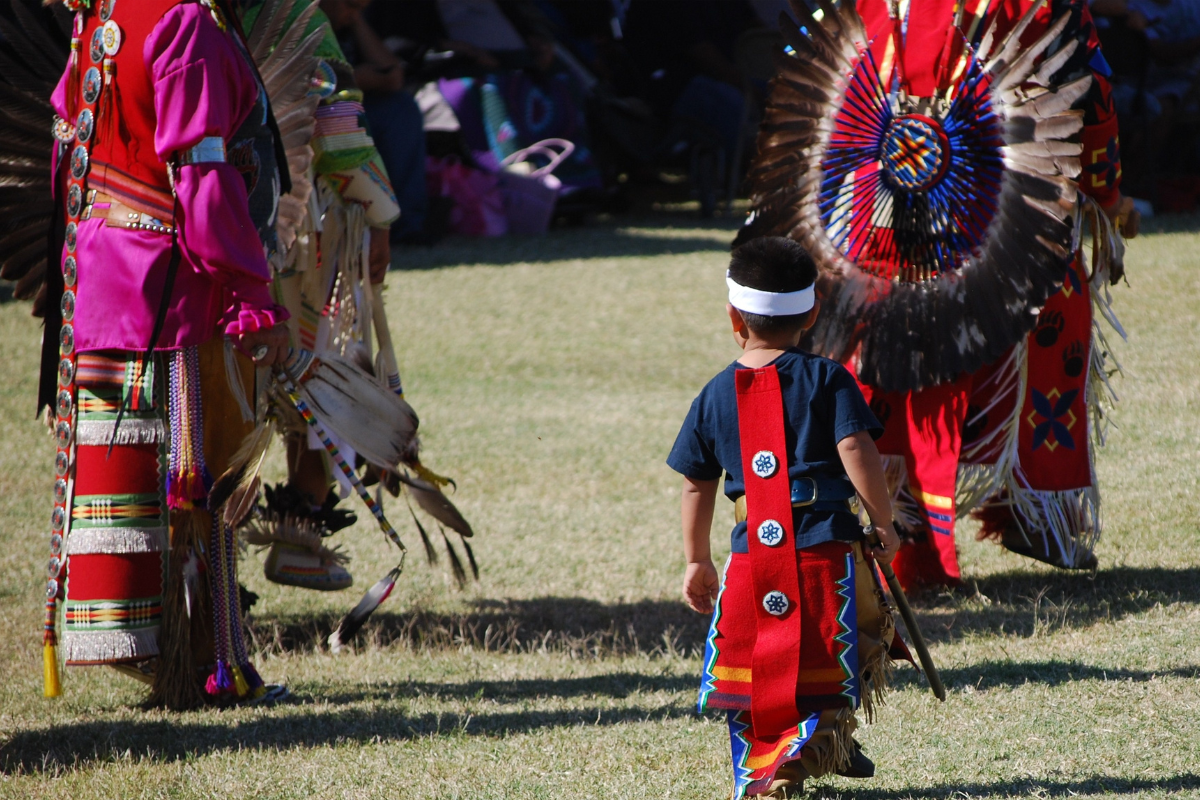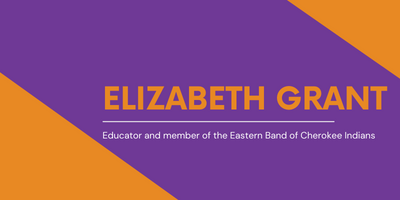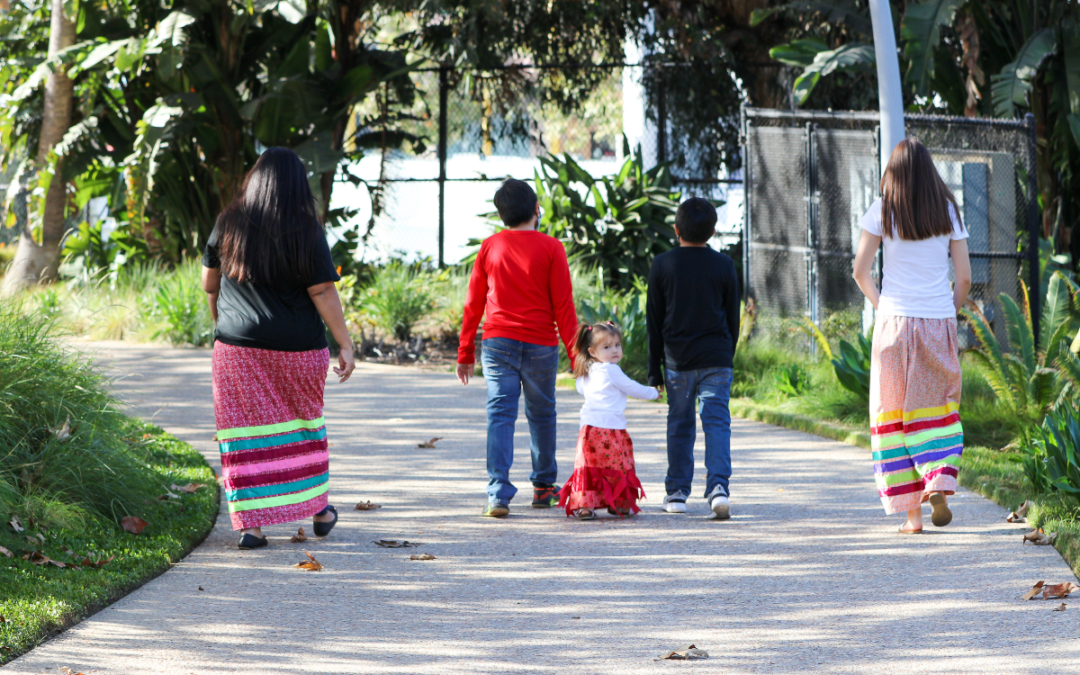indigenous SCHOOLS
The US government funds approximately 80% of expenses for some Indigenous schools. Yet, in 2019, the US administration slashed Indigenous education funding. Some small communities received a little money that year. But most Indigenous schools fell apart.
HISTORICAL ISSUES
Historically, Indigenous schools are poorly funded. Recently, the situation has worsened. As a result, Native children are being bussed to primarily white schools. At these schools, Native children cannot be educated about their culture. Indigenous students are forced to portray racist characters in Thanksgiving plays. Furthermore, they are not educated on the history of genocide in the US.


STUDENTS WITH SPECIAL NEEDS
Native students with disabilities are disproportionately more affected by the lack of funding. At an Indigenous school, it is difficult to make a request for an individual student. Wheelchairs are not accessible on school grounds. Native students who qualify for an Individualized Education Program (IEP) will not have access to an IEP team.
There is a lack of teachers, counselors, or assistants for Indigenous students with disabilities. In addition, classrooms do not have enough visual or audio aids for students with disabilities. In Indigenous education, special education is neglected. Larger tribes, such as the Cherokee Nation, can provide some funding for special education. However, other community needs, like housing, health, etc., still take priority.
LIMITED OPTIONS
White-majority schools nearby provide special education options. However, these schools do not reflect the cultural needs of Indigenous students. Few white-majority schools will celebrate a Creek child’s birthday the same way their tribe would. In addition, these schools will not recognize a Navajo achievement. Special education for Indigenous students on Indigenous land should be the priority. Until then, Native parents are left to choose between raising their children in a white society that may not accurately recognize their culture or a poorly funded Indigenous school.

MindWorks Collaborative would love to invite you to learn more about funding Indigenous schools. Join future conversations on this topic by signing up for our community of justice-driven special educators here and sign up to get alerts for our next roundtable.



Recent Comments